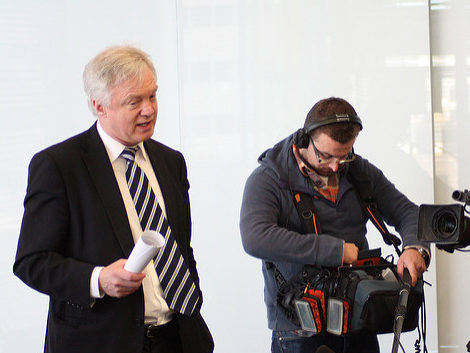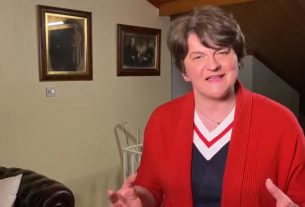Former Brexit Secretary David Davis says departing the European Union without a deal in place is “not as frightening as people think.”
Mr Davis, who resigned earlier this year over Prime Minister Theresa May’s ‘Chequers plan” for Brexit, said there might be “hiccups” at first.
But he told BBC Radio 4’s Today programme that no deal would be better than Mrs May’s current proposed agreement.
He added that reports of post-Brexit shortages of food and medicines and long queues at ports and borders were “scare stories”.
Davis said: “I don’t think no deal is as frightening as people think. We would leave and there would be some hiccups in the first year, no doubt.
“But we would have all the rights and controls over our own destiny. We are a big country, we can look after ourselves.
He said a free trade deal would be the best option, but insisted that there was nothing to fear from falling back on World Trade Organisation (WTO) terms.
“Most of the rest of the world trade successfully with the EU, in some arguments more successfully than we do, under the WTO rules.”
He also piled pressure on Mrs May to release legal advice on the issue of the customs backstop aimed at avoiding a hard border in Ireland.
If she did not release it in full, he predicted that the chances of Parliament voting down any departure deal she presented would increase.
Davis added: “If the deal fell in parliament, which at the moment is looking like a probability (if the advice is not released) it would have to go back to the union once more.”
He claimed that Mrs May might not wish to publish the full advice as it would expose flaws in the Government’s stance on the issue of the backstop.
He said: “The only thing I can think of is that they feel there are weaknesses in the public argument about what they are presenting.”
“Are we going to have to wait until the Irish government says it is OK to leave? If so, that is not acceptable,” he said.
“Are we going to have to wait until its convenient to the commission? If so, it is not acceptable.
“I suspect that they have not pinned down any of these issues and they need to be pinned down before parliament votes.”
He added: “What we must see is the complete legal advice, not a summary, not something that glides and glosses over the difficult issues, but the actual legal advice.”



